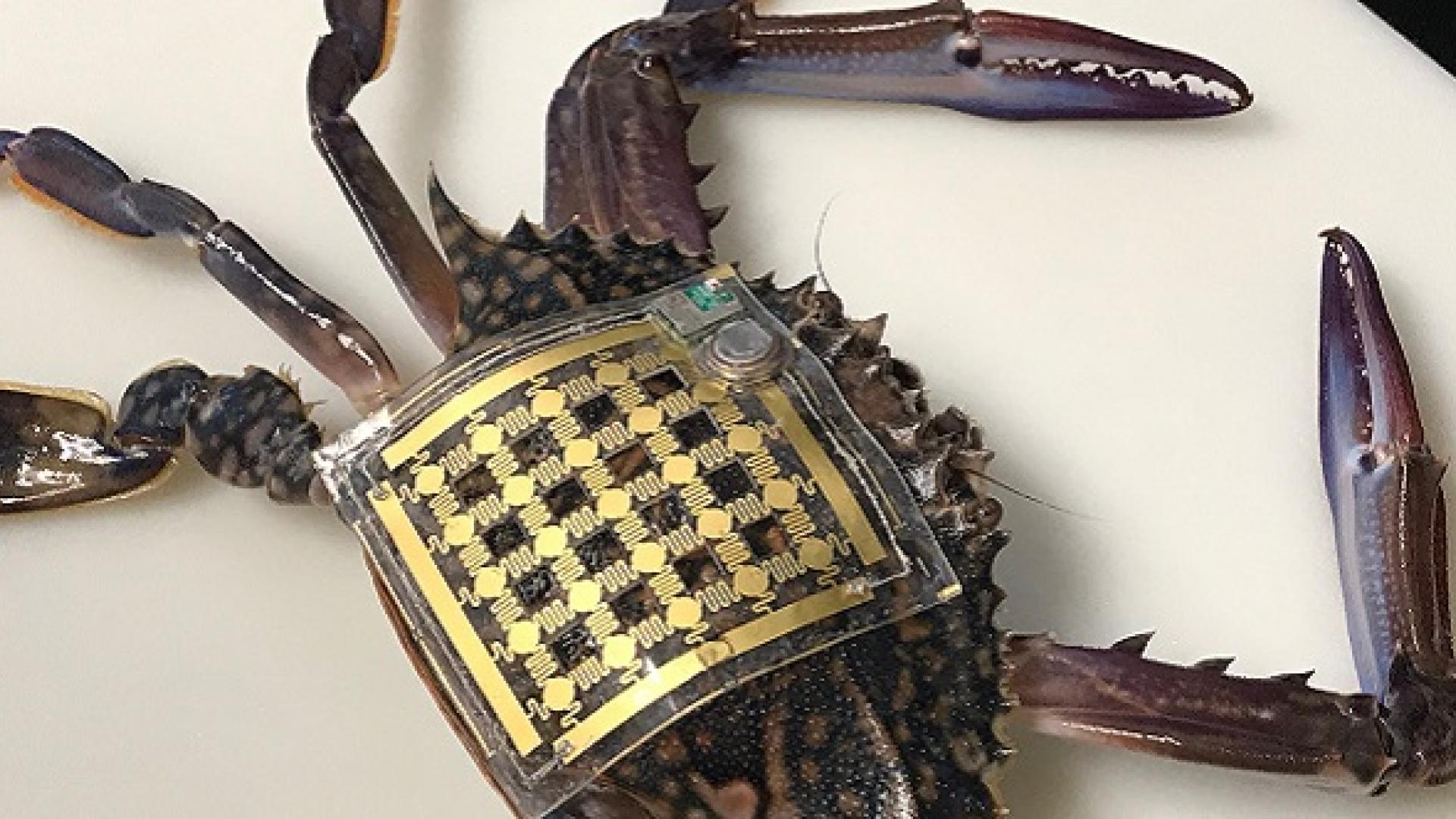© 2017 Joanna Nassar
“The theme of our research is how we can empower humanity with technology,” said Muhammad Mustafa Hussain, professor of electrical engineering at KAUST. Using the skills from his time in industry, and the support he is granted by KAUST, Hussain creates flexible, wireless electronics to inexpensively turn everyday objects into smart devices.
When Hussain had his novel computer chip technology licensed by Intel Corporation before he had even graduated from his Ph.D., he soon found himself a rewarding job in the semiconductor chip industry. But Hussain harbored the desire to one day go into academia. “I became a program manager in industry at a very early stage in my career, and I didn’t have time to give a solid thought about a transition to academia,” he recalls.
So when three years into his industrial career, Hussain received a call from the committee tasked with recruiting electrical engineers for the newly forming KAUST, he was receptive to the idea of becoming a founding faculty member.
The chair of that committee was George Haddad, emeritus professor of the University of Michigan at Ann Arbor and a legend in the field of electrical engineering. “When a person like George calls, he has his own magic, and it worked on me; I was convinced to join KAUST,” Hussain says.
Read the full article
